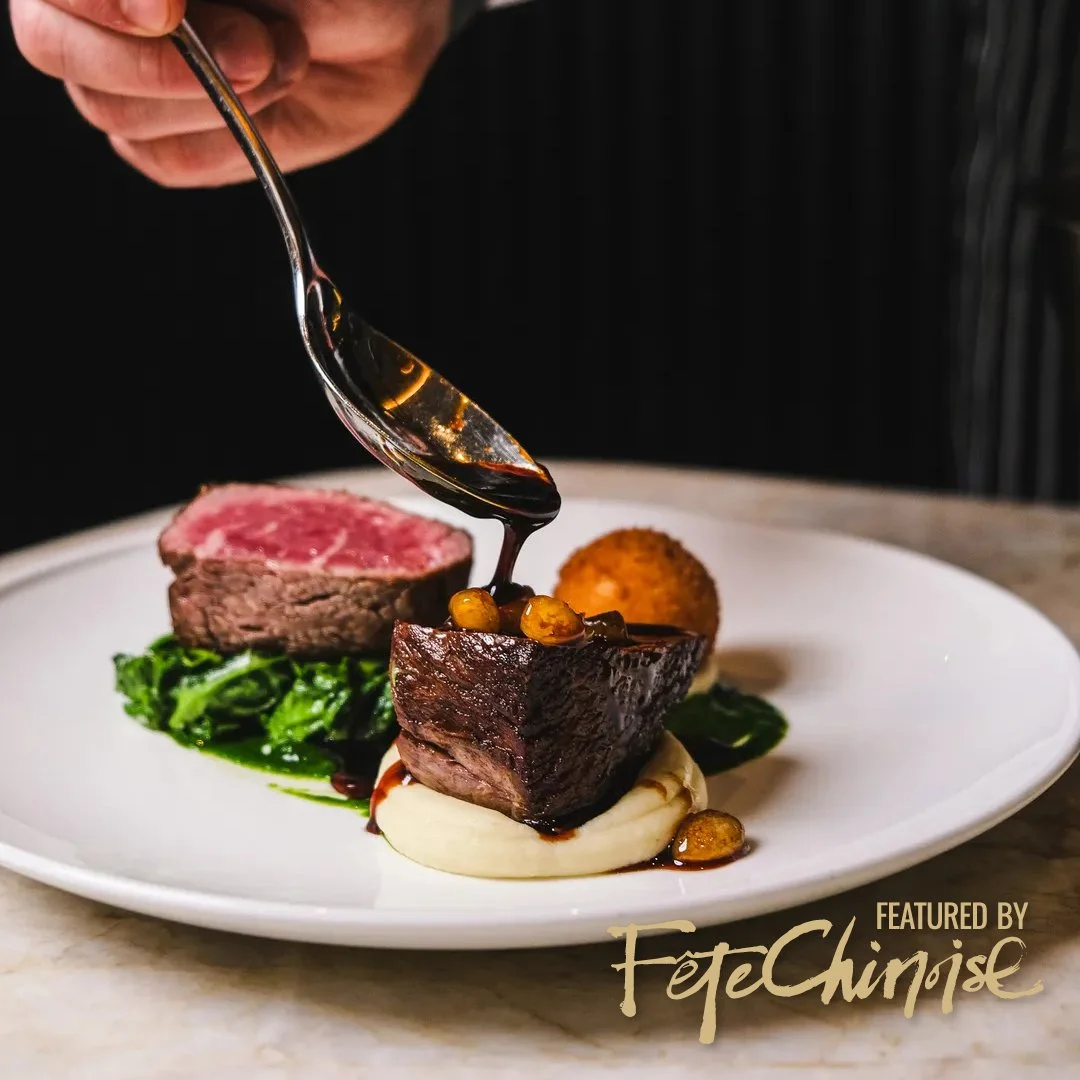The Age-Old Tradition of Rice Dumplings for Duan Wu Festival
Video and Photograph by @小高姐的 Magic Ingredients Youtube Channel
curated and Written by Fête chinoise Editorial Team
image: karl ng | IG @where.is.karl
It's time for the annual Duan Wu Festival 端午節! This special occasion falls on the 5th day of the 5th month of the Lunar calendar, around the Summer Solstice. It is also known as the Dragon Boat Festival, 龍舟節.
One traditional food we all enjoy regularly is closely tied with the occasion: the rice dumpling or Zongzi. The traditional Chinese rice dumpling was created to honor a poet in China's history named Qu Yuan (340–278 B.C.). He was regarded as a pioneer in thoughts and words in ancient China. In 278 BC, the Qin State conquered the capital of Chu. On hearing of the defeat, Qu Yuan in great despair committed suicide by drowning himself in the Mi Luo River. When the villagers heard of Qu Yuan's death, the local people were saddened and rowed out to search for him but were unsuccessful. To preserve his body, the local people paddled their boats up and down the river, hitting the water with their paddles and beating drums, to scare away any evil spirits. They tossed clumps of rice into the river for the fish, in hopes that they would eat the rice and not eat Qu Yuan's body. These two thousand-year-old traditions carry out in the form of rice dumplings and dragon boating today. The modern tradition of Dragon boat racing and festival began in China and has become an annual race internationally, in many major cities around the world. Rice dumplings are made with a special type of sticky rice, and a choice of ingredients such as salted egg yolk, pork belly + beans, wrapped in lotus leaves.
Food brings back fond cultural memories for all of us, no matter what age we are living in! Our editorial team enjoys a few of our favorite Rice Dumpling recipes — in both sweet + savory, traditional and contemporary! Rice dumplings are not only delicious, but this traditional staple is also simple to make. These recipes are from history that dates back centuries ago, and are now rooted in our modern culture through the home kitchens of millions around the world. Whether you are stopping by the grocery store to pick up ingredients to make your own, or purchasing them pre-made, dive into tradition, because food connects us! We invite you to share your favorite food memories or recipes to celebrate our culture @fetechinoise on Instagram!
暖心的食物是記載歷史的秘訣。我們的編輯團隊想與你分享幾個不同的粽子食譜!如果你也有快樂的美食回憶或家傳食譜,我們邀請你一起分享,請在Instagram 上 @fetechiniose 。














Tina Lee, CEO of T&T Supermarkets, has been named the recipient of the 2025 Ivey Alumni Achievement Award. While the recognition is truly remarkable, it comes as no surprise to those who’ve followed her journey. At the helm of Canada’s largest Asian grocery chain, Tina has expanded T&T’s national footprint and redefined what it means to lead a culturally rooted, community-forward business in a complex, competitive, and evolving industry. Today, T&T operates 37 stores across Canada and the United States, with a growing team of over 8,500 employees.